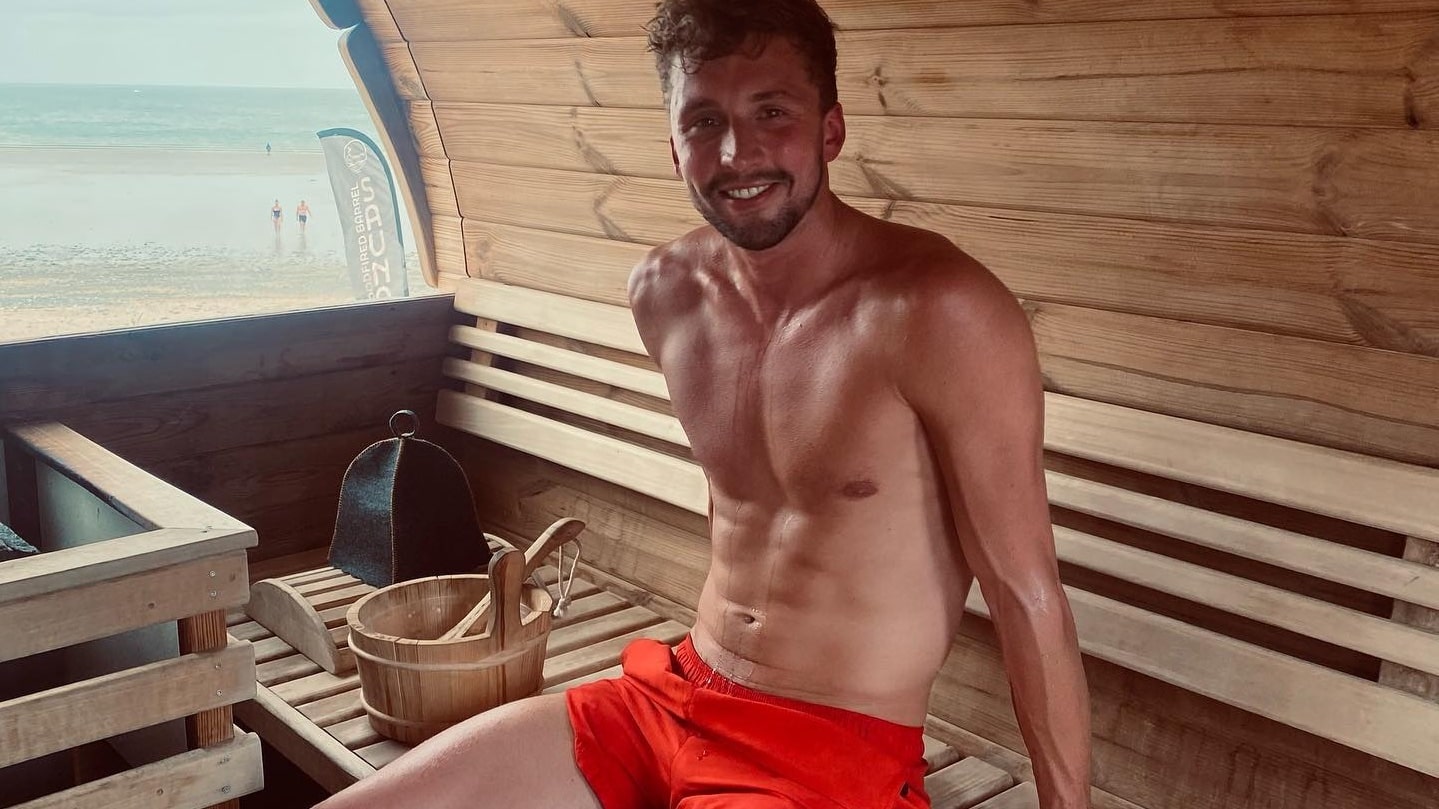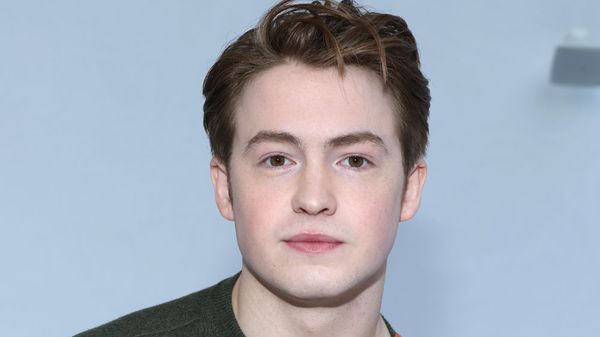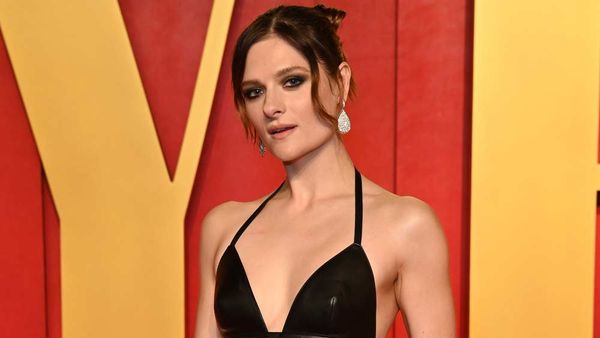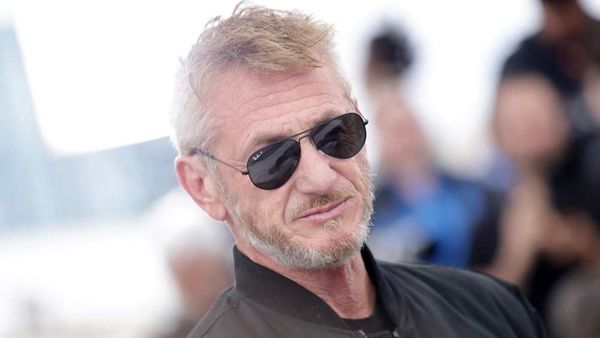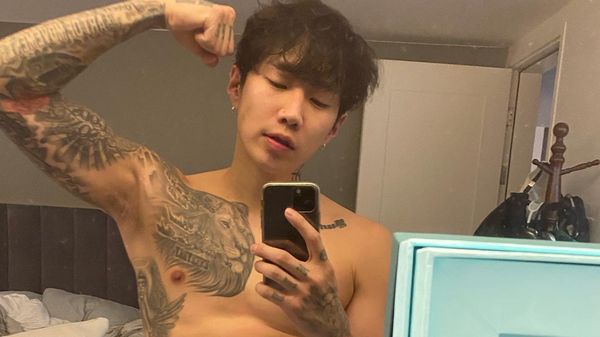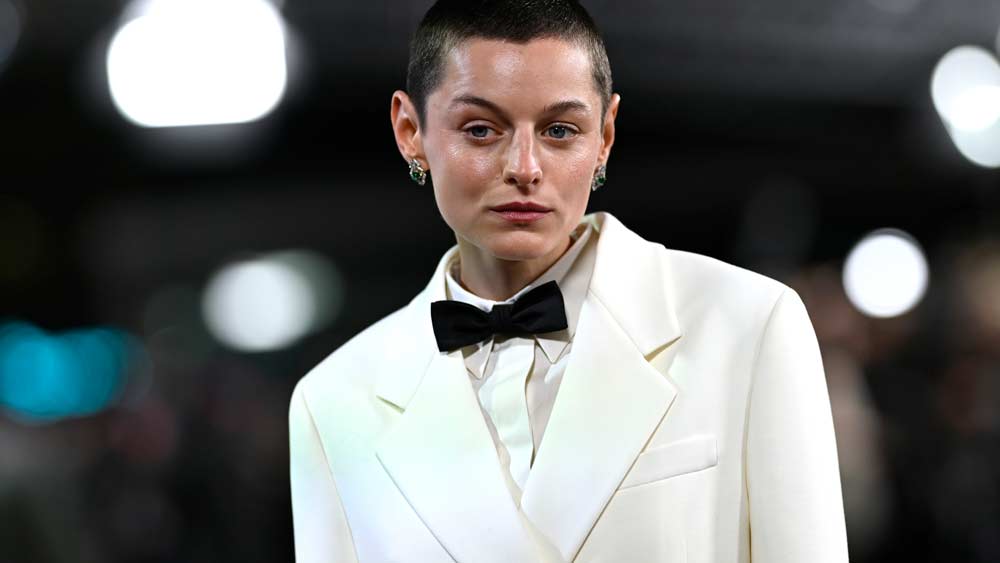
May 23
'The Crown' Star Emma Corrin Calls Out 'Vitriol' Hurled at Them after Coming Out
Kilian Melloy READ TIME: 3 MIN.
Emma Corrin - the nonbinary actor who portrayed Princess Diana in the fourth season of "The Crown" in 2020 and starred in the 2022 gay drama "My Policeman" - says the hate hurled at them shows we're going backwards, Us Weekly reported.
"The vitriol is worse than I anticipated," Corrin told Harper's Bazaar in a wide-ranging interview that touched upon political issues like personal autonomy as well as their newest role as the big bad in the hotly anticipated MCU romp "Deadpool & Wolverine."
"People follow me because they've watched something I'm in," Corrin added later in the interview. "They think I'm one kind of person, and then they'll see who I actually am and how I present and... " Unable to finish the sentence, they took a different tack: "I will never understand why. Who are you hurting by being yourself? Why am I controversial?"
Answering their own question, Corrin said, "I think it's fear. Absolute fear."
The 28-year-old actor was referring to the reaction they have endured from a certain segment of the public since coming out as queer in 2021. But, surveying their range of roles in recent years - "Constance, who begins an electrifying affair with a gamekeeper in 'Lady Chatterley's Lover'; Orlando in the West End stage adaptation of Virginia Woolf's gender-bending novel of the same name; the pink-haired Darby in 'A Murder at the End of the World'" - Harper's Bazaar reckoned that "Corrin's boldness in their own journey of self-discovery... has gifted them the empathy that unlocks a huge spectrum of characters."
That's a gift for an actor even if it makes one something of a misfit in a society increasingly marked by an empathy gap. But it also gives Corrin insight into the human condition.
"The most transgressive human desire is autonomy," the actor told Harper's Bazaar at one point. "The ability to do what you want, have sex with who you want, dress how you want, say what you want."
While it might have seemed not so long ago that the world was reaching for rarefied ideals, an astonishingly swift snap-back challenges the idea that the universe naturally trends toward the honoring of such high-flown desires.
"Even though we like to think we're in a progressive society, a lot of what we're seeing is increasingly a step back," Corrin noted in the interview - a statement that seems hard to argue with.
Perhaps it's the tenor of the times, but, Corrin revealed in the chat, they based their "Deadpool & Wolverine" villain on another memorable cinematic baddie: Christoph Waltz's smiling, multi-lingual Nazi in the 2009 Quentin Tarantino movie "Inglorious Basterds."
"He can sit down at the table and just chat like we're doing now, be animated, very pleasant," Corrin said of Waltz's portrayal. "It's so unnerving because he's as evil as they get, the worst person on the planet. .."
For their own part, "Self-discovery has been huge for me in terms of my identity and gender," Corrin reflected at another point in the conversation. "People discovering different parts of themselves, which are awakened by people they meet or situations - the idea that no one is ever finished. People keep growing, keep evolving. It's limitless; it's cycles."
"The flip side to the hate Corrin experiences is the undeniable fact that they are touching people, changing minds, forming communities," the magazine noted, before relaying an anecdote Corrin shared about starring in the theatrical adaptation of Virginia Woolf's gender-bending "Orlando," in which a male page, obeying his queen's orders, defies time and aging - and, perhaps not coincidentally, transforms into a woman.
"I remember this older man was waiting for me," Corrin shared about one post-show moment. "His grandchild had come out as trans, and he was trying to understand it. Seeing 'Orlando' shifted his whole perspective; he couldn't thank me enough."
"It was wild," Corrin added. "It was beautiful."
Later, asked if things are getting better in the film industry (where queer representation has reportedly fallen in recent years), Corrin offered an answer that feels like it has wider implications than the celluloid dreams of movieland.
"It feels impossible to know where to start to enact the change that needs to be done," they reflected. "But by taking up space, by being visible, that's something in itself."
Then they added: "I'm a tiny cog at the moment."
But even tiny cogs can make profound and unique contributions.
Kilian Melloy serves as EDGE Media Network's Associate Arts Editor and Staff Contributor. His professional memberships include the National Lesbian & Gay Journalists Association, the Boston Online Film Critics Association, The Gay and Lesbian Entertainment Critics Association, and the Boston Theater Critics Association's Elliot Norton Awards Committee.
